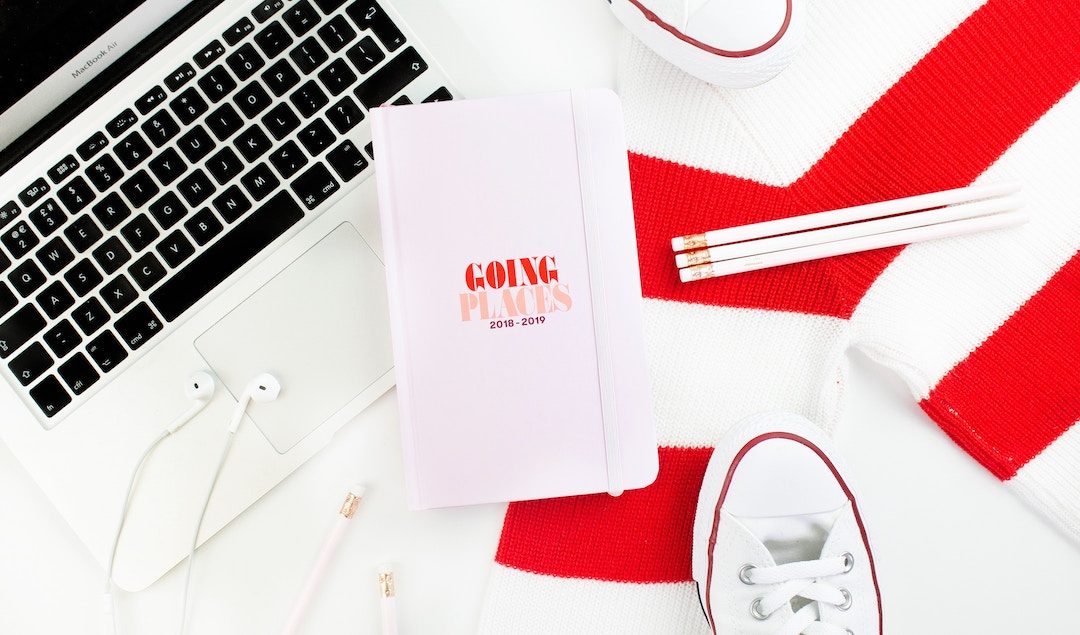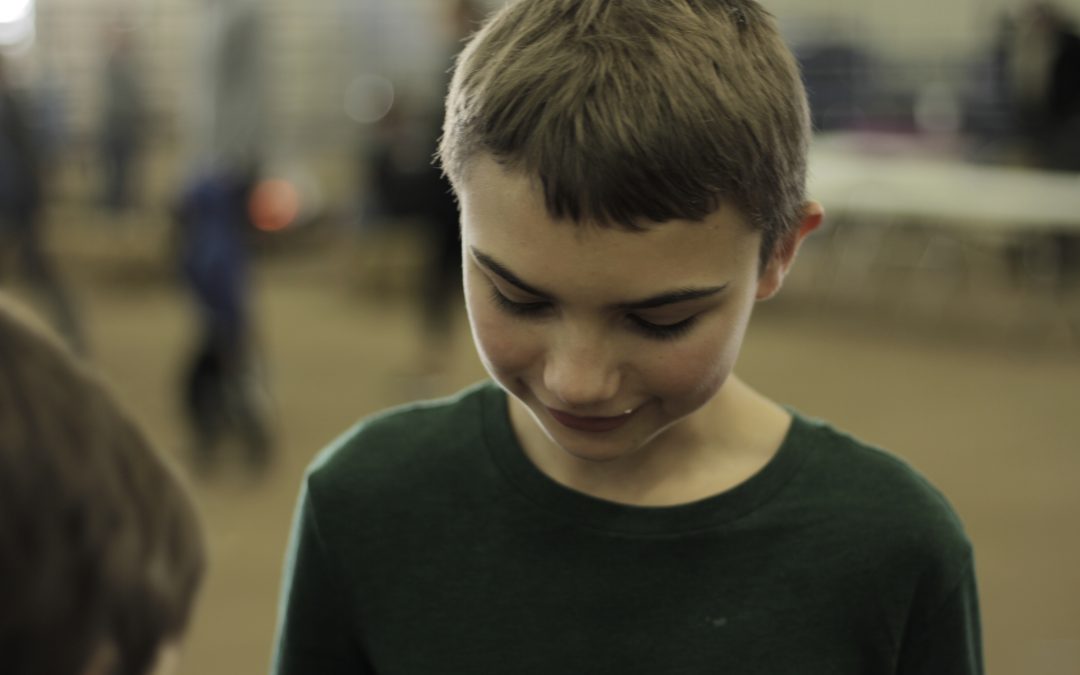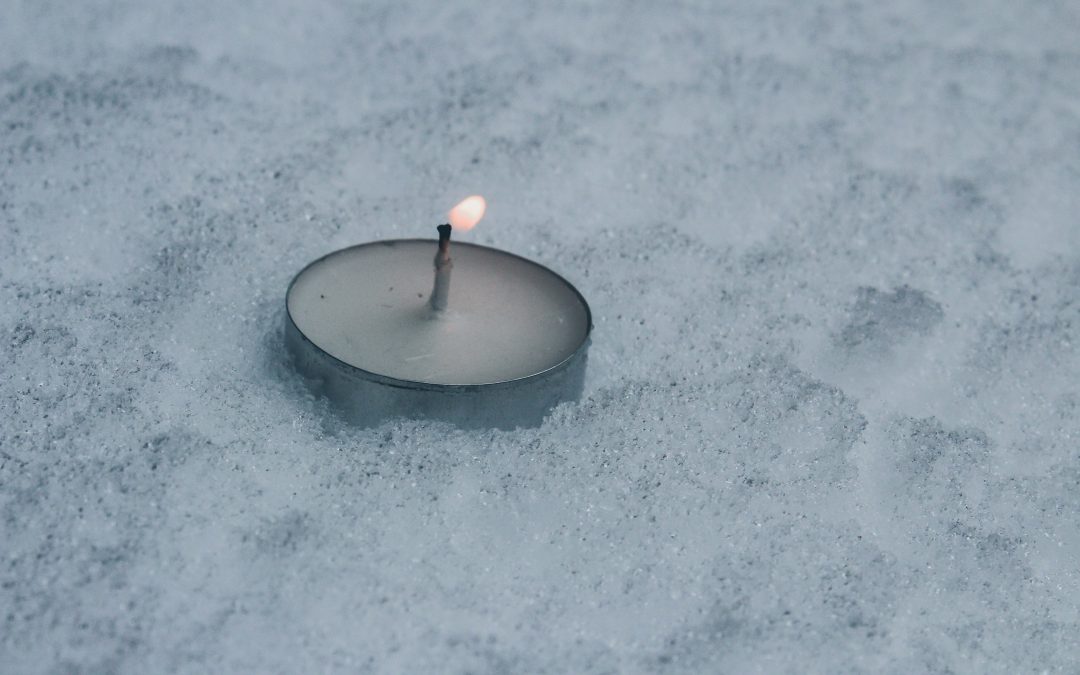
by Rachel Toalson | Wing Chair Musings
The other day my husband and I were finishing dinner for our sons, and I, having come off a high from my current work in progress, which finally hit its sweet spot after two weeks of struggling, said, “I don’t know if I’ve said this recently, but I really, really love what I do.
My husband hears this often; I can’t help but express gratitude for the gift of doing what I love—creating what was not there before. I love the entire process—research, brainstorm, drafting, revising, editing. It feels like a sacred process to me, where truth is mixed purposefully with fiction, reality merges with story, hopes and dreams and affirmations of identity crawl into carefully chosen words. It is, I believe, a great privilege to remind people who they are, to reassure them they are loved, to tell them they are not alone, we belong to each other, we can do hard things, there is hope.
I find exquisite joy and wonder and satisfaction in this act of creation. But that joy and wonder and satisfaction gets challenged when I accidentally consider one tiny little piece of the process: numbers and reviews.
At times in my writer journey, I have created something and put it out there for the world to see, and the numbers have disappointed—there aren’t enough likes, shares, hearts, comments, sales, whatever. Social media and the easy access of Internet often make it difficult for a writer to create without looking at the numbers, and those numbers, at least for me, are like misty clouds fogging up my joy.
Reviews are another beast entirely. My agent, who also wrote and published a book last year, recently shared a twitter thread about how one reviewer of her book kept persistently tagging her in a negative review of the book. The reviewer tagged her multiple times, almost as though she wanted to make sure my agent saw just how much her book was hated.
That’s enough to sometimes make a writer hold all her words close and forget about sharing them with the world. I often wonder if reviewers forget that a writer is a real person, a person who puts pieces of herself into her work, a person who works for months—sometimes years—to finish a project, a person who is full of insecurities and doubts and their own Voices of Doom that stem from their past and trauma and even, perhaps, already-noted reviews.
At the beginning of January, when I returned to work after two weeks of holiday with my family, I picked up a brand new project and I slogged through the writing of it that whole first and second week. Plaguing me was a review I’d read of my first traditionally published book, The Colors of the Rain. It circled through my head and sat near the back of my eyes so every time I closed them, which I do to visualize scenes, those negative words flashed neon bright. The reviewer, an adult, had called my book unbelievable, had said she couldn’t finish it. It didn’t matter that the same day she posted this review a fifteen-year-old boy had thanked me for writing the book because it looked so much like his life and he felt seen and understood and like his experiences mattered. My book validated his life, reminded him that he was worth something greater than what he’d been through.
So after the first two weeks of slogging, I sat down and had a talk with myself. I said, Remember your true audience. They need your book.
And then I got to work.
Not everyone will love what I create. That’s okay. The important thing is that I remember for whom I’m creating, and why, and I leave the rest behind.
Lives can’t be changed by contributions that don’t exist.
(Photo by Emma Matthews on Unsplash)

by Rachel Toalson | Poetry
sometimes your alarm
will go off in the morning
and you don’t want to
get out of bed and
you have so much to do
that won’t get done unless
you get out of bed and
you will lie there guilting yourself
for feeling too tired
too down
to climb out of bed
when you’re supposed to
climb out of bed
stay in bed
close your eyes
go back to sleep
sometimes we need more rest
before we face the day
this is how
you fight the monster strong
This is an excerpt from the book of poetry, this is how you live, available in both ebook and paperback form.
(Photo by Mattias Abulu on Unsplash)

by Rachel Toalson | Poetry
the wind bends trees;
how much more
will it bend you?
the wind twirls leaves;
how much harder
will it twirl you?
the wind rips off roofs;
how much longer before
it rips off yours?
but trees straighten
leaves come to rest
roofs can be repaired:
remember
this is how
you know you’ll survive
This is an excerpt from the book of poetry, this is how you live, available in both ebook and paperback form.
(Photo by Ben Neale on Unsplash)

by Rachel Toalson | Crash Test Parents
There’s a boy in my house who requires constant, relentless reminders, even though he’s ten. I’m well aware that things could change as time does its maturation work, but I suspect he may always have a tendency toward forgetfulness. That’s a prediction based primarily on one fact: he’s very much like his daddy.
Sometimes, when he’s talking, he will forget what he’s saying in the middle of a sentence, and, rather than try to figure out where he was going, he will contentedly leave it hanging unresolved for everyone else. We’re either falling asleep or riveted, and both end in jarring realizations: one that he’s finally finished (or is he?) and the other that we may never know what it was he meant to say. If we like neat and tidy endings, this will drive us crazy for at least an hour. Not that I know.
The other day this son came downstairs and said in a voice that could only be described as urgent with a little bit of panic on the side: “I really need you to sign my permission slip.”
“What permission slip?” I said.
“The one I brought home.”
“Where is it?”
He looked at me like I had tentacles growing out of my face. “I put it on the counter,” he said.
I looked at the counter, where, after a week of not sorting through papers brought home from school, had a Leaning Tower of Papers (there are a lot of them around our house).
“You’ll have to find it for me,” I said. “I don’t have time to do it.” (I had a squirming baby on my hip who was begging for food.)
It would have been easier if I’d just done it myself, because by the time he was finished looking for this permission slip, there was no tower in sight. There was only a paper counter. As in, a counter made of paper
I signed the permission slip, handed it to my son, and kissed him on the mouth, even though he now prefers the cheek. Half an hour later, I found that same permission slip on the table, along with his homework. I raced the permission slip up to the school but left the homework where it was. I’m willing to let him face the natural consequences of getting a fifty on his homework if he forgets it but not the natural consequences of missing a field trip because he left his permission slip at home.
I hardly ever see this kid’s school work, because he typically forgets it at school. He is the four-year recipient of the Grossest Lunch Box Ever, or he would be if such an award existed, because he forgets to bring it home most frequently and perpetually. He’s the kid with the most pairs of shoes out in the van because he forgets he was wearing any once we’re home from wherever we went.
He’s also the kid who most consistently leaves things out and, hence, misplaces them. He will peel off his skinny jeans because he doesn’t like how tight they are and I made him wear them for family pictures, and then, when it’s time for said family pictures, he won’t be able to find them. He will blame his brothers for stealing all his LEGO mini figures and then find them in a box in his room, where he put them before he left for school today so his brothers wouldn’t mess with them. He will misplace autobiographical journals and find them buried under a carpet of books in the library (I can’t be held responsible for reading misplaced journals. Just saying.).
He is the kid who brings home the most notes about missing homework, has the largest fine at the library, and needs the most plentiful number of socks. His organizational skills (or lack thereof) have cost us quite a bit of money and time over the years.
I think I might just have to get used to that.
He’s ten now. The other night we went to church, and he had to bring all his new LEGO mini figures inside with him, crammed into his pockets. We were at the church a little longer than anticipated, and because his mom gets a little anal about the proper amount of sleep, we were rushing to get out of the parking lot.
We were almost to the highway that takes us home when our son said, “Oh no!” in that panicked voice he reserves for Things That Are Lost Forever. I knew what he was going to say before he said it. “My mini figure!”
“We’ll be back on Sunday,” Husband said. “You can get it then.”
We crossed our fingers for a docile agreement.
But this boy happens to be our strong-willed boy, too, so what we got was the complete opposite: crying and raging and calling us the Worst Parents Ever for about fifteen miles down the road, and then, for the rest of the trip home, a series of blaming exercises, during which he invented elaborate stories about which brother had been responsible for the disappearance of this mini figure.
Half an hour later, we were home. He got out of the car and stuck his hand in his pocket—the why doesn’t matter; it’s the what that counts.
What did he find?
The missing mini figure. It had been there, in his pocket, all along.
He smiled sheepishly, apologized to everyone he’d blamed (which was everyone in the car), and said, with a nervous laugh, “Maybe I should check my pockets better next time.”
You think?
This is an excerpt from Hills I’ll Probably Lie Down On, the fourth book of humor essays in the Crash Test Parents series.

by Rachel Toalson | Poetry
at the bottom
you remind yourself
there are
one in four people in the world
living with brain disorders
and mental illness
this is how
you remember you’re not the only one
This is an excerpt from the book of poetry, this is how you live, available in both ebook and paperback form.
(Photo by 𝚂𝚒𝚘𝚛𝚊 𝙿𝚑𝚘𝚝𝚘𝚐𝚛𝚊𝚙𝚑𝚢 on Unsplash)






